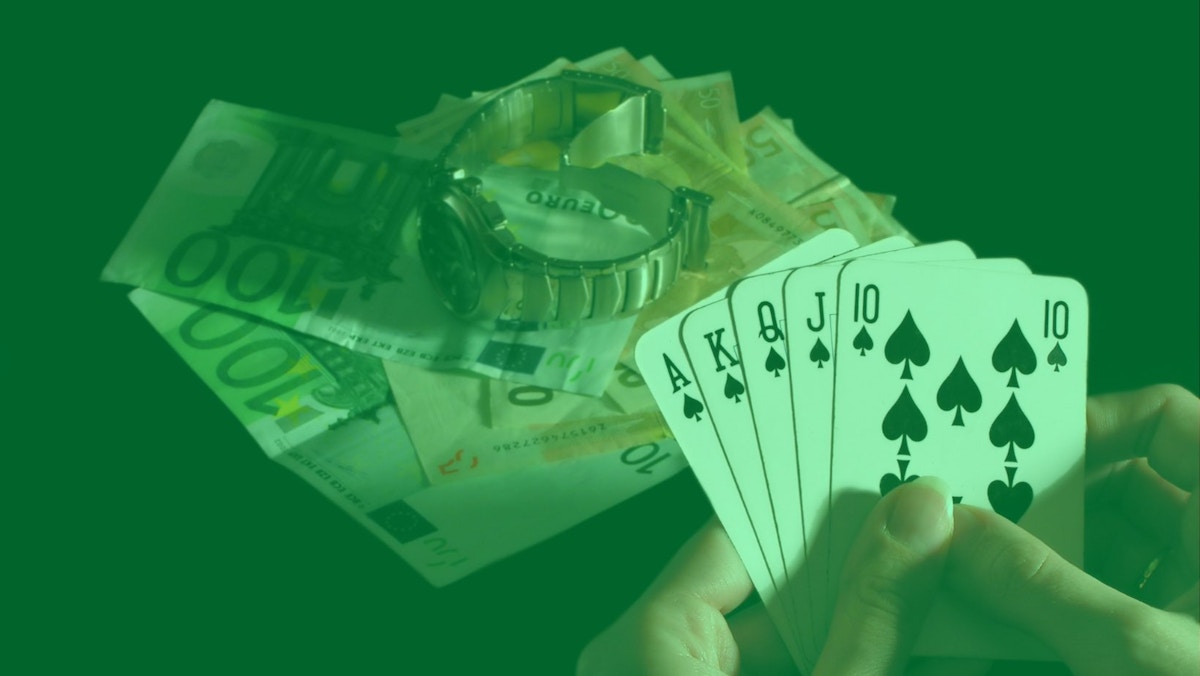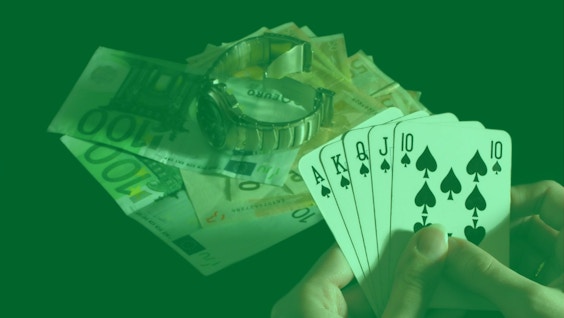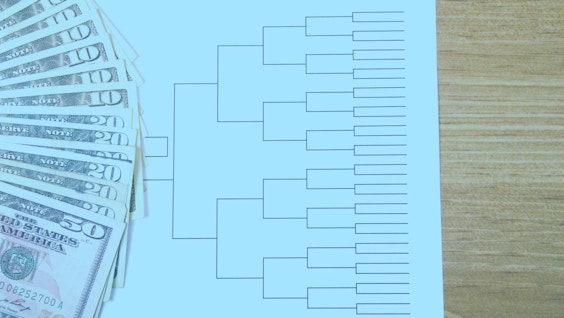
Stake Gambling: Can You Get Addicted to It?
Last Updated: Tue, January 23, 2024Stake gambling is a relatively new way to gamble money online. The term comes from the popular online cryptocurrency gambling website, Stake.
If you or your loved one has been excessively using Stake, you might have a stake gambling problem.
This post explores stake gambling, its negative effects, and whether you can get addicted to it or not.
What Is Stake Gambling?
Stake gambling came from the popular website, Stake.
As its name suggests, the website lets you stake money online. In this sense, Stake is an online gambling website.
Stake casino features several categories, including Live Casino, Slots, Table Games, Game Shows, Roulette, Jackpot Slots, Blackjack, Feature Buy-in, Virtual Games, and Baccarat.
As of writing, the stake gambling platform has more than 1,000 games offered by different providers.
In addition, stake gambling involves playing games with random outcomes. The website claims that all of its games are fair and gas algorithms that ensure random results.
Many users also say that stake gambling is a safe way to gamble online. However, gambling in any way is not safe because you put your money at risk.
Stake gambling also involves cryptocurrency. Since cryptocurrency is not properly regulated all over the world, you’re still at risk.
As of writing, stake gambling is not allowed in some countries including the United States and the United Kingdom.
Moreover, NetEnt, a Stake game provider, has additional restrictions. These restrictions are related to the distribution of its games in some places.
What Is Stake Gambling Addiction?
Being addicted to stake gambling can have effects on people from all walks of life. Gambling, such as stake gambling, can progress from a harmless form of entertainment to an unhealthy habit with huge repercussions.
A stake gambling addiction may strain your relationships, impede employment, and lead to financial ruin. You could even do things you never imagined you'd do, like rack up massive debts or steal money to gamble.
Gambling addiction is also an impulse-control illness. It’s also known as pathological gambling, compulsive gambling, or gambling disorder. If you're a compulsive gambler, you can't stop yourself from gambling, even if it's bad for you or your loved ones.
You'll also gamble whether you're up or down. In addition, you’ll keep gambling no matter what the repercussions are, even if you know the chances are stacked against you or you can't afford to lose.
Stake Gambling Addiction Signs and Symptoms
You likely have a stake gambling addiction if you:
Feel the desire to hide your stake gambling habits.
You may gamble in secret or lie about your stake gambling habits, believing that others will not understand or that you will surprise them with a large victory.

You have difficulty regulating your stake gambling.
Can you stop stake gambling once you start? Or are you determined to gamble until you've spent your last dollar, increasing your bets in an attempt to recoup your losses?
Even if you don't have any money, you still gamble. You may also gamble money you don't have. This includes money to pay bills, credit cards, or items for your children. You may also feel compelled to borrow, sell, or even steal.
Your family and friends are concerned about you.
Denial fuels pathological gambling. If your friends and relatives are concerned, pay close attention to them. Remember, it does not show weakness to seek help.
Stake Gambling Treatments
Treating compulsive gambling might be difficult. This is due in part to the fact that most individuals don’t want to confess they have a problem. However, recognizing that you are a compulsive gambler is an important part of recovery.
If your family or workplace put pressure on you to go to therapy, you may find yourself fighting it. However, resolving a gambling issue might help you recover control – and possibly restore broken relationships or money.
Treatment for compulsive gambling including stake gambling addiction may involve the following methods:
Therapy
Cognitive behavioral treatment or behavior therapy may be effective. Habit therapy exposes you to the behavior you wish to unlearn in a methodical manner.
It also gives you strategies to minimize your desire to gamble. Cognitive behavioral therapy aims to replace harmful, illogical, and negative ideas with healthy, good ones. Family counseling may also be beneficial.

Medications
Antidepressants and mood stabilizers may assist with issues that frequently accompany compulsive gambling. These include depression, OCD, or ADHD.
Some medications may also help reduce stake gambling habits. Medications known as narcotic antagonists, which are used to treat drug misuse, can help treat compulsive gambling.
Self-Help Groups
Talking with others who have a stake gambling issue can be a beneficial aspect of treatment for some people. Ask your doctor about self-help groups such as Gamblers Anonymous and other services.
Conclusion
If you believe you may have a gambling issue, speak with your primary care doctor about getting an examination or seeking treatment from a mental health specialist.
Gambling is an issue that impacts the lives of many individuals. However, just like any other addiction, it is treatable.
You can stop gambling if you have the correct treatment plan and support system. A sobriety app like I Am Sober can also help.
I Am Sober is a free app that helps you get some control back in your life.




